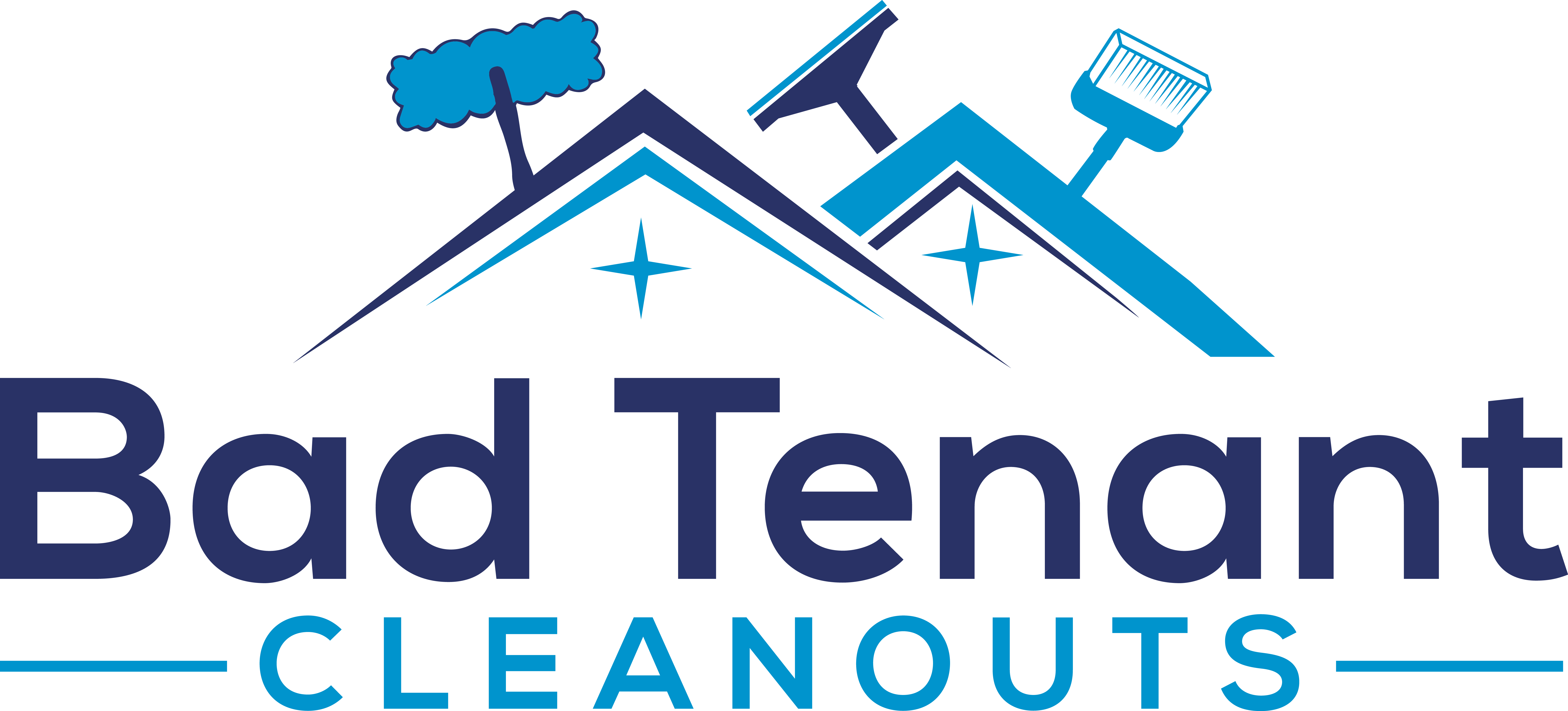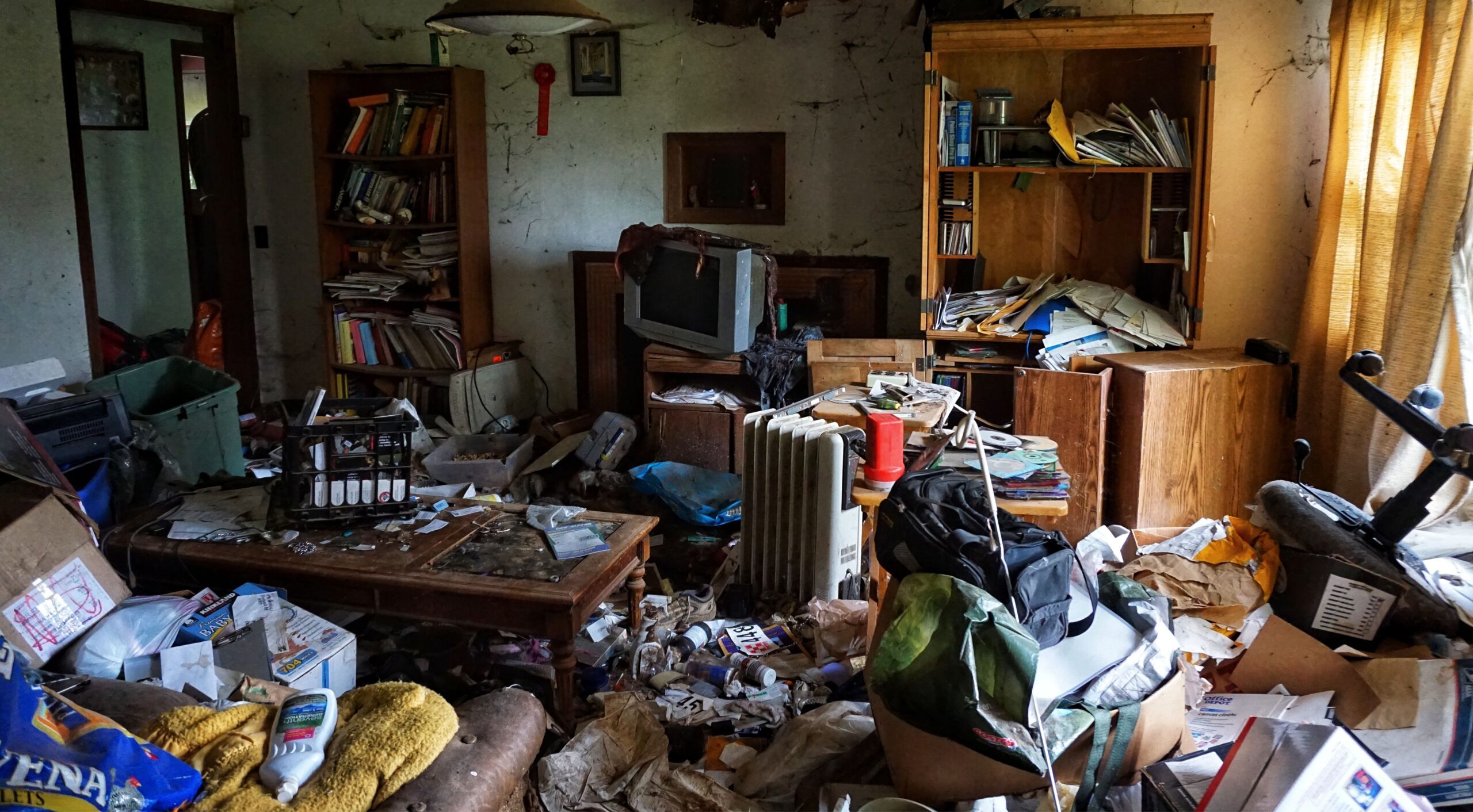Landlord Cleaning Obligations & Responsibilities in Ontario
As a landlord in Ontario, Canada, understanding your cleaning responsibilities is crucial for maintaining a healthy relationship with your tenants and ensuring your property remains in good condition. The laws and guidelines surrounding landlord cleaning responsibilities are designed to protect both parties, ensuring that rental units are safe, habitable, and well-maintained. In this article, we’ll explore the legal obligations landlords have regarding cleaning, what is expected at different stages of a tenancy, and how to navigate these responsibilities effectively.
1. Understanding the Legal Framework
In Ontario, the Residential Tenancies Act (RTA) is the primary piece of legislation that governs the relationship between landlords and tenants. This law outlines the rights and responsibilities of both parties, including those related to property maintenance and cleanliness.
Under the RTA, landlords are legally required to ensure that rental units are in a good state of repair and comply with health, safety, housing, and maintenance standards. This means that the property must be clean, safe, and fit for habitation when a new tenant moves in. However, the Act does not explicitly state that landlords must provide ongoing cleaning services during the tenancy.
2. Before a Tenant Moves In Cleaning Responsibilities
Before a tenant moves into a rental unit, the landlord must ensure that the property is clean and in good condition. This includes:
- Deep Cleaning: The entire rental unit should be thoroughly deep cleaned, including all appliances, bathrooms, floors, walls, and windows. Any previous tenant’s belongings or debris must be removed.
- Pest Control: If there are any signs of pests, the landlord is responsible for ensuring that the property is treated before the new tenant moves in.
- Repairs and Maintenance: Any repairs that are necessary to make the unit habitable must be completed before the tenant takes possession. This includes fixing any leaks, ensuring that heating and cooling systems are operational, and that all utilities are in working order.
Providing a clean and well-maintained property sets the stage for a positive landlord-tenant relationship and can help prevent disputes down the line.
3. During the Tenancy Cleaning Responsibilities
Once the tenant has moved in, the responsibility for cleaning the rental unit typically shifts to the tenant. However, landlords still have certain obligations to ensure the property remains in good condition:
- Common Areas: If the rental property includes shared spaces, such as hallways, stairwells, laundry rooms, or lobbies, the landlord is responsible for ensuring these areas are regularly cleaned and maintained.
- Repairs and Maintenance: The landlord must continue to address any maintenance issues that arise during the tenancy. For example, if a tenant reports a broken appliance or a plumbing issue, the landlord is obligated to repair it within a reasonable timeframe.
- Pest Control: If pests become an issue during the tenancy, the landlord is generally responsible for addressing the problem, particularly if it results from conditions outside the tenant’s control (e.g., a building-wide infestation).
It’s important to note that while tenants are responsible for keeping their rental units clean, landlords can enforce this requirement if a tenant’s lack of cleanliness creates health or safety issues. For example, if a tenant allows garbage to accumulate, attracting pests, the landlord may need to step in and address the situation.
4. End of Tenancy Cleaning Responsibilites
When a tenant moves out, they are expected to leave the rental unit in a clean and well-maintained condition, similar to how it was when they moved in. However, landlords still have some cleaning responsibilities to ensure the unit is ready for the next tenant:
- Inspection: Landlords should conduct a thorough inspection of the property once the tenant vacates. This will help identify any damage or cleanliness issues that need to be addressed before the next tenant moves in.
- Cleaning: If the tenant fails to clean the unit properly before leaving, the landlord may need to hire a cleaning service to bring the unit up to standard. Costs associated with cleaning due to tenant neglect can often be deducted from the tenant’s security deposit, provided this is stipulated in the lease agreement.
- Repairs: Any damage beyond normal wear and tear should be repaired before the next tenant moves in. This could include things like repainting walls, fixing holes, or replacing damaged flooring.
5. Legal Considerations and Best Practices
While the RTA outlines the general responsibilities of landlords and tenants, there are additional considerations landlords should be aware of:
- Lease Agreements: It’s essential to include specific clauses in your lease agreement that outline the tenant’s cleaning responsibilities. This can help avoid disputes and provide a clear framework for what is expected during and at the end of the tenancy.
- Documentation: Landlords should document the condition of the rental unit before the tenant moves in and after they move out. Taking photos or videos can provide evidence in case of a dispute over the security deposit or cleaning responsibilities.
- Communication: Maintaining open lines of communication with your tenants can help address cleanliness issues before they become significant problems. Encourage tenants to report any maintenance issues promptly and remind them of their responsibilities regarding the upkeep of the unit.
6. Handling Landlord & Tenant Cleaning Disputes
Disputes over cleaning responsibilities can arise, particularly at the end of a tenancy. If a tenant feels they have been unfairly charged for cleaning or repairs, they may file a complaint with the Landlord and Tenant Board (LTB). The LTB is responsible for resolving disputes between landlords and tenants, including those related to cleaning and damage.
To avoid disputes, landlords should:
- Be Clear and Consistent: Make sure your expectations regarding cleaning are clearly communicated in the lease agreement and during tenant move-in.
- Conduct Joint Inspections: Whenever possible, conduct move-in and move-out inspections with the tenant present. This can help both parties agree on the condition of the unit and avoid misunderstandings later.
- Keep Records: Maintain detailed records of any cleaning or repairs that are required after a tenant moves out, including receipts and documentation of the condition of the unit.
Maintaining a Clean and Compliant Rental Property
Understanding and fulfilling your cleaning responsibilities as a landlord in Ontario is essential for maintaining your property and ensuring a positive relationship with your tenants. By following the guidelines set out in the Residential Tenancies Act and taking proactive steps to address cleaning and maintenance issues, you can minimize disputes and keep your rental property in top condition. Whether it’s preparing the unit for a new tenant, maintaining common areas, or handling end-of-tenancy cleaning, staying informed and organized will help you navigate your responsibilities effectively.


